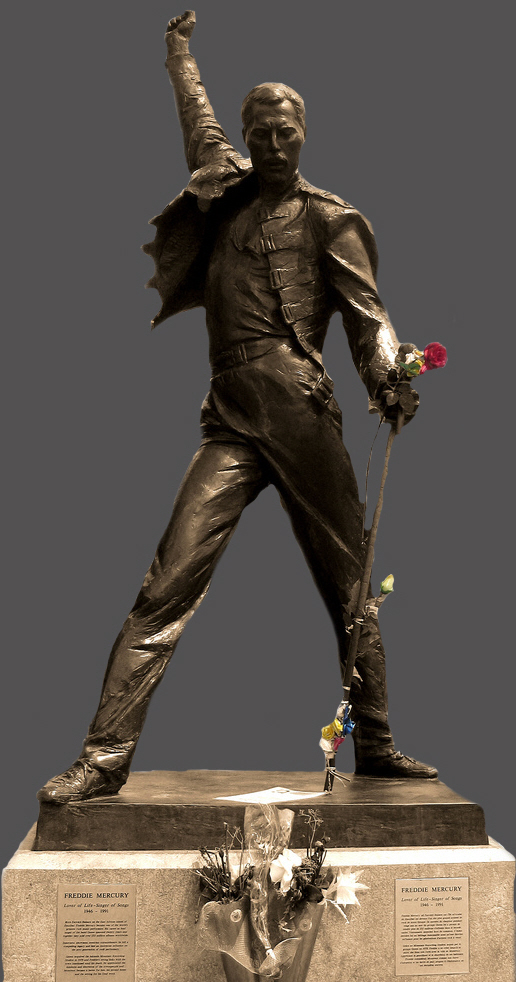
Zoroastrian women are spirited and plucky, an old fashioned word for courageous and determined, which sums them up perfectly. Their achievements have been the breaking of new boundaries for all of us. They campaigned with the Suffragettes and were at the heart of independence movements, like the fiery Indian revolutionary,
Madame Bhikiji Cama, and Frene Ginwala, the courageous veteran of the African National
Congress, who became the first woman Speaker of the post-
Zoroastrian women were among the first to be admitted to higher education and the professions. Avabai Wadia founded the International Planned Parenthood Federation and used her legal skills to lead the campaign for the right to birth control.
Today Maja Daruwala heads the Commonwealth Human Rights Initiative and Shireen Irani
has founded the i-
Professor Zenobia Nadirshaw, the clinical psychologist, is one of many outstanding women academics recognised as leaders in their fields. Others champion the cause of the oppressed and those with disabilities, women like Dhun Adenwalla who has devoted her life to those with hearing impediments.
They have also been media pioneers. Homai
Vyarawalla was India’s first woman photojournalist.
Coomi Kapoor edited Indian Express and was
president of the Indian Women’s Press Corps. Dina
Vakil became the first woman editor of The Times of
India, the largest circulating English language paper in
the world. Bachi Karkaria was
the first Indian on the Board of the World Editors Forum
and is renowned for her fearless writing and AIDS
campaigns. Meher Moos, the food and society columnist,
has explored from the Poles to the Equator, lived with
pygmies and eaten crocodile!
Zoroastrian women have taken their place in every
sphere of life with dignity and style. Their pioneering
spirit and relentless striving after excellence have
guaranteed our freedoms. Zerbanoo’s paternal
grandmother, Gover Irani, left Iran with her family as
a child refugee. Married at fourteen, she had twelve children
and was widowed in her thirties. She taught Zerbanoo her Zoroastrian prayers and the need to live a good life, all while touring on a Greyhound bus in America in the early 1950s.
She instilled in her granddaughter a revulsion for racial prejudice as they witnessed the harsh realities of
segregation in the southern states. She also told
Zerbanoo how fortunate she was to be alive in our
modern times. Now, as a woman, Zerbanoo could
educate herself and create a fulfilling life. It was strong,
kind women like Gover who made this possible for
the new generation.
We need to honour and remember them.
Zoroastrian men have character and are clever and charismatic. Whether they have been in politics like Dadabhai Naoroji, Britain’s first Asian MP in 1892, or Shapurji Saklatvala, the sole Communist in the House of Commons in the 1920s; held the highest position in the Indian armed forces like Field Marshal Sam Manekshaw; helped build metropolitan cities such as Mumbai, Karachi, Aden and Hong Kong; inspired us with their art, music and writing; taken care of our health and our bank balances; they have done it with imagination, integrity and industry.
Freddie Mercury, born Farrokh Bulsara in Zanzibar, the rock legend and lead singer of the band, Queen, continues to be voted one of the greatest singers in the history of popular music. Queen's Greatest Hits is the highest selling album of all time in the UK, with headlines proclaiming ‘The Kings of Rock are Queen’. A larger than life Zoroastrian, Mercury was ranked 58 in the BBC list of 100 Greatest Britons.
The conductor of the Three Tenors during the 1990 Football World Cup, Zubin Mehta is the Music Director for Life for the Israeli Philharmonic Orchestra. Despite being Indian, he was voted the 117th greatest Israeli of all time.
Meher Baba, born Merwan Sheriar Irani, was a mystic, spiritual master and avatar.
Pete Townshend of The Who dedicated the rock-
Zoroastrian men have worried but have also made many people around the world happy. They have used their talent to create enterprises that still flourish today, and had the vision to use their wealth for legendary charity, benefiting not only Zoroastrians but the wider community. No wonder there is a saying, ‘Parsi, thy name is charity’.
The first Indian baronet, Sir Jamshetji Jeejeebhoy, started life washing and selling bottles, and ended it as one of the greatest philanthropists who ever lived. Jamshedji Tata was the father of India’s industrialisation and his descendants have established social, scientific and artistic centres. Today the House of Tata is a global conglomerate, and the leading manufacturing employer in India and Britain.
Lowjee Nusserwanjee Wadia founded the dynasty of master shipbuilders and textile magnates. He defiantly carved on the frigate, HMS Cornwallis, ‘This ship was built by a damned black fellow. AD1800,’ as a protest against the racism of some officers in the Royal Navy. It was on the HMS Cornwallis that the Treaty of Nanking was signed, ceding Hong Kong to Britain. Another Wadia ship, the HMS Minden, achieved fame when in 1812, Francis Scott Keys wrote the American national anthem, The Star Spangled Banner, while on board the British Navy warship.
This panel illustrates just a few of the giants whose extraordinary legacies of
achievement and goodness are an inspiration.
